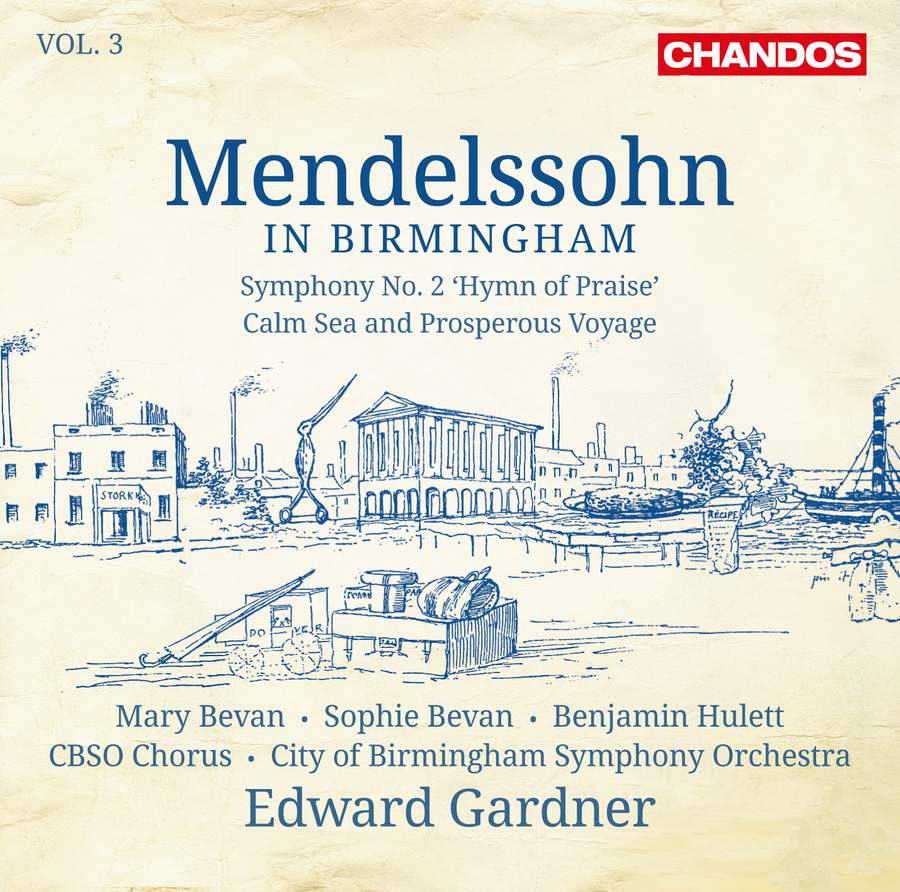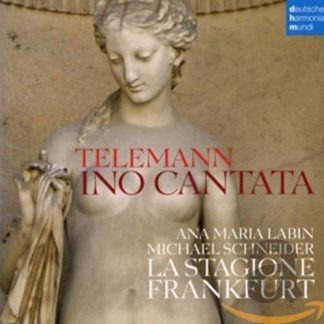Περιγραφή
Αναλυτική Παρουσίαση
|
This is the third recording in our Mendelssohn in Birmingham series, with the City of Birmingham Symphony Orchestra and its Principal Guest Conductor, Edward Gardner. The album features Calm Sea and Prosperous Voyage (Meeresstille und glückliche Fahrt) and Symphony No. 2, completing our survey of Mendelssohn’s mature symphonies. Calm Sea and Prosperous Voyage is the second in a trilogy of concert overtures by Mendelssohn, the two others being A Midsummer Night’s Dream and The Hebrides, the latter recorded on Vol. 1 in this Chandos series. Based on two poems by Goethe these sonorous images describe a ship helplessly becalmed in the open sea, then carried by rising winds towards land. The densely textured, immensely slow opening evocation of oceanic calm and the following quickening full-orchestral crescendo strikingly depict Goethe’s verses. Symphony No. 2 was valued as one of Mendelssohn’s greatest and most influential achievement for much of the nineteenth century – not least in Britain – but it has since come to be viewed equivocally. A fusion of neo-baroque procedures with romantic sentiment provides the backdrop of this hybrid Symphony-Cantata, made up of three orchestral movements and a choral finale, in which smooth contrapuntal arias contrast with exuberant, dramatic choral sections. The soloists are all emerging young artists in Britain, the wonderfully talented soprano sisters Mary and Sophie Bevan and the tenor Benjamin Hulett. |











